How these Harvard graduates are helping children from low income group communities realise their potential through mentorship
Tell me and I forget, teach me and I may remember, involve me and I learn.
― Benjamin Franklin
A stint at a consulting firm brought Stanford-educated Dayoung Lee to Mumbai for six months. During her time in Mumbai, she explored the city and the state of education, especially in low-income group schools. In Feb 2012, she took a course on ‘Entrepreneurship & Innovation in Education’ at the Harvard Graduate School of Education and decided to come back to India.
I had wanted to contribute to the children of India, and was interested in social entrepreneurship at graduate school, so the course gave me a great opportunity to crystallise, test, and build a team around an idea
,she says.

By then, Dayoung had gained a fair understanding of the education landscape in a city like Mumbai. “India has made tremendous progress through the Sarva Shiksha Abhiyan movement, and the recent Right To Education Act. Yet, still too many children are left out. Even if they go to school, there are huge differences in the quality of education,” she says. Studying the problem closely and leveraging the tools she picked during the course at Harvard, Dayoung believed that the solution to this inequity was in mentoring.
And, thus, with a mission to help children in low-income communities grow to their full potential by supporting enduring one-to-one relationships with strong role models, Dayoung Lee and Valerie von der Tann (who was studying MPP at Harvard) started Mentor Me India (MMI) in 2013. It is a non-profit mentoring organisation based in Mumbai and led by a dedicated team from India and the US.
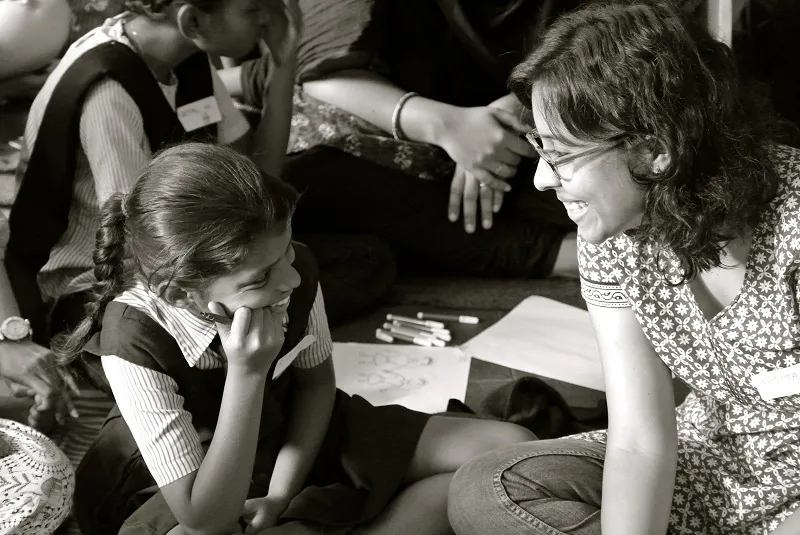
It’s not just the children who benefit. MMI gives the mentors a unique opportunity to change the life trajectory of a child forever. Mentors are supported by MMI in training and networking.
Operations
Countries abroad have seen huge success and transformation in children through mentorship programmes. MMI is modelled on the Big Brothers Big Sisters (a mentorship programme in the US), but has been tweaked to suit the Indian educational landscape.
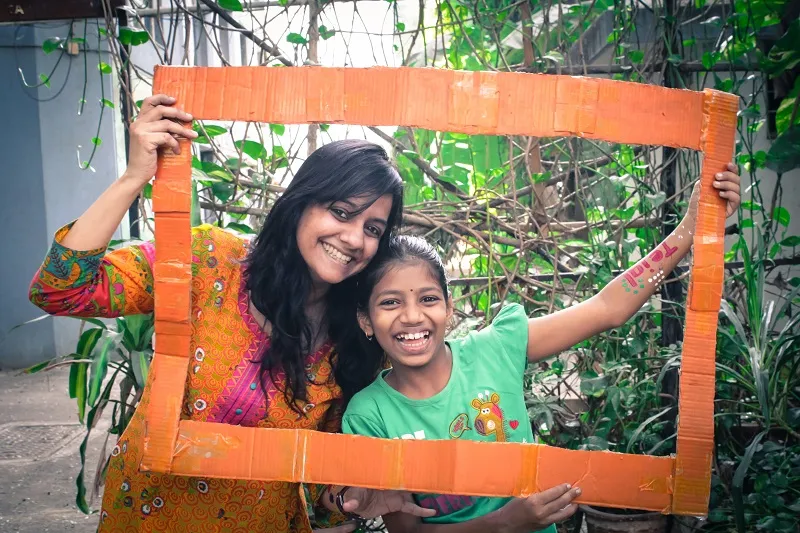
The first step is recruitment of mentor and mentee. Mentors are recruited through corporate partners, social media outlets, alumni groups, personal networks, and even through the volunteer page on the MMI website. The average age of the mentors in the programme is 30. Mentees (boys and girls in the age group of 10-12 years of age) are recruited by partnering with various non-profit organisations to identify schools in low-income communities where students could benefit most from having a mentor. Teachers also weigh in on the decision of picking mentees.
The next step is training of mentors, followed by induction. Mentors also meet the mentees and their parents, along with the teachers and MMI staff.
The next phase is one-on-one meetings and group sessions. Mentors meet with their respective mentees at least once every fortnight. They are required to plan and design activities that involve the mentee and help in developing the mentee’s horizons. Every alternate month, five mentor-mentee pairs meet for a group activity. These sessions range from a visit to an art festival or a visit to the Gateway of India, or an interactive game day.
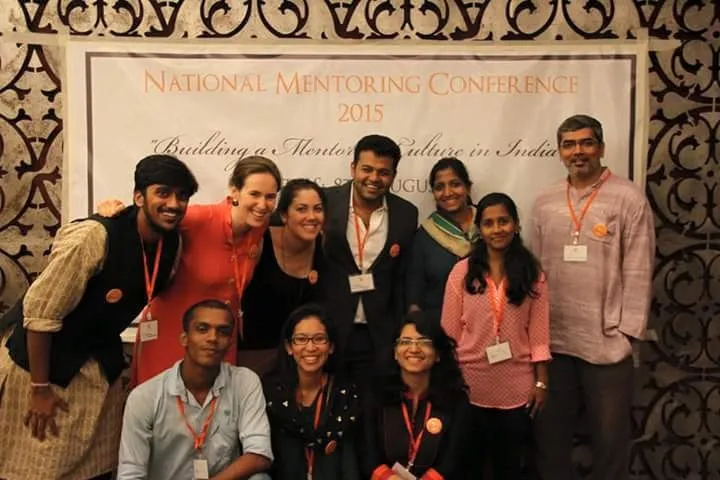
Dayoung says that the MMI team is well-versed with the mentee’s community and always has complete knowledge of the mentor’s relationship with the mentee, by engaging with everyone involved in the programme – mentee, parents and the teachers. The team also has access to experts in education and child psychology, if the mentors need to chart the mentee’s progress with their help.
The feedback and evaluation works top down and bottom up and every stakeholder in the process is encouraged to give feedback.
Revenue model, collaborations, and challenges
The organisation has a diverse donor base, including corporations, foundations, NGO partners and individuals. MMI is currently collaborating with AllCargo Logistics, Godrej, The Parthenon Group, and Rosy Blue Foundation.
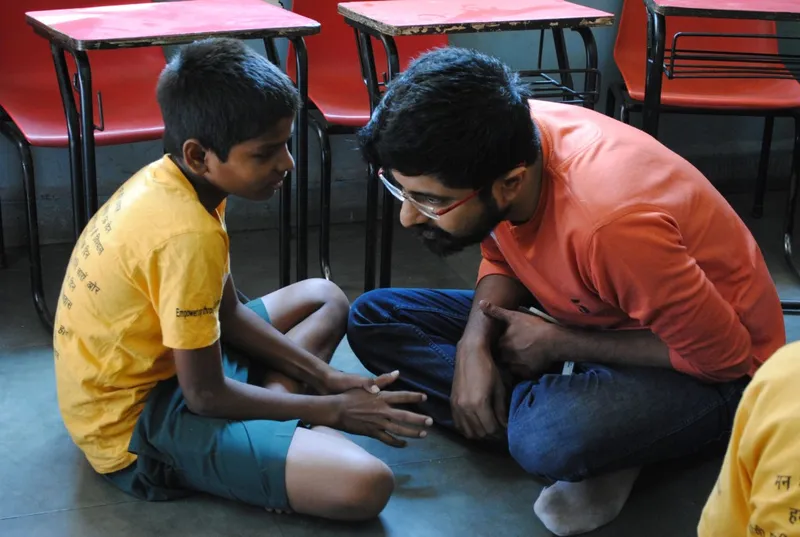
A primary challenge in social entrepreneurship in India, according to Dayoung, is the culture of volunteering being in its nascent stage. Identifying and motivating mentors to join the revolution has been a challenge for the organisation. She adds, “As they are the backbone of our organisation, we cannot grow without strong, committed and passionate mentors. “
Impact
Mentor Me India currently supports nearly 200 mentor-mentee pairs in four regions in Mumbai, with plans to grow to over 500 pairs over the coming year.
But what’s more important is the qualitative impact. Dayoung says MMI impacts the mentee’s self-awareness and confidence, English-language and social interaction skills, behaviour and values, and aspirations. MMI’s impact is measured quantitatively, using statistical frameworks, a randomised control trial (RCT) study and self-reported surveys, and qualitatively using interviews and focus groups.
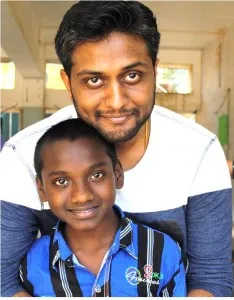
To give an idea of how MMI has brought about change, Dayoung explains a bond shared by a pair. Sankalp Damani (mentor) and Manish’s journey took a sharp turn when Sankalp had to shift base to Bengaluru for a new job. Sankalp’s commitment to mentor Manish brings him back to Mumbai every month. Dayoung says that what can be marked as an achievement is that Manish’s parents and teachers have seen a huge change in his attitude, and behaviour at home, and his approach towards academics and extra-curricular activities at school, respectively.
More in store
As regularity is a critical success factor to the immediate outcomes and impact, the MMI team is designing effective ways to encourage mentors to engage with their mentees more. It is also mapping progress and long-term impact in early closures and rematches, apart from measuring community-level impact.
Sankalp and Manish are just one of the 200 mentor-mentee pairs formed in low-income communities where children are encouraged to break shackles and dream big. MMI hopes to have more such success stories as the pairs grow in numbers.







